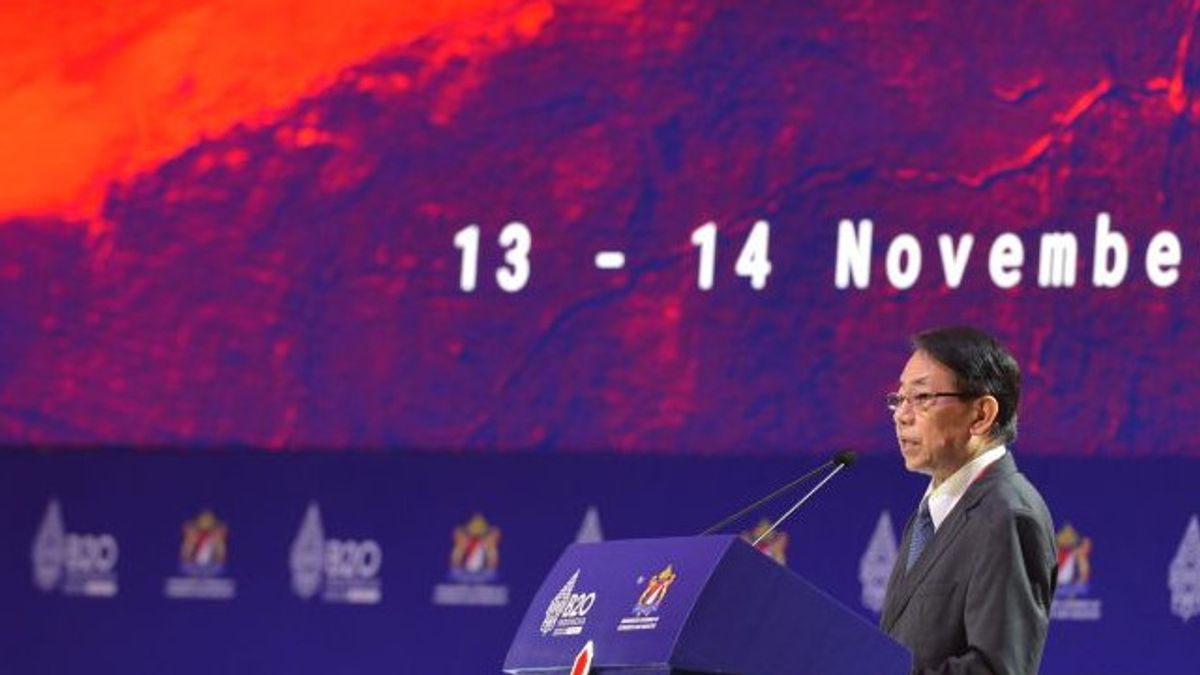JAKARTA - The Asian Development Bank (ADB) has approved a loan worth 500 million US dollars or around Rp. 7.5 trillion to further encourage financial inclusion in Indonesia.
This increase is carried out through reforms that will increase access to financial services for vulnerable groups, especially micro, small and medium enterprises (MSMEs), women, youth, and villagers.
"ADB will implement the second subprogram of the Innovative Financial Inclusion Promotion Program (Promoting Innovative Financial Inclusion Program) to support and complement the government's efforts to encourage financial inclusion under Vision Indonesia 2045," said ADB Financial Sector Specialist for Southeast Asia Poornima Jayawardana in an official statement quoted by Antara, Wednesday, November 16.
Policy reform, which is supported through this subprogram, is based on digital infrastructure, financial technology, and cooperation with the private sector, as well as increasing the regulatory framework to monitor market behavior and consumer protection.
Efforts to increase financial literacy and digital financial literacy will also be intensified to encourage responsive financial inclusion.
"The reforms carried out through this subprogram will help improve the living standards of low-income people, promote the development of MSMEs, bring in more job opportunities, and overcome poverty and social inequality," added Poornima.
Indonesia's efforts to achieve climate and disaster resilience, as well as post-COVID-19 economic recovery, will also be supported through this subprogram.
Meanwhile, German Development Bank KfW will also provide joint financing (cofinancing) for this subprogram with loans equivalent to 300 million euros or around 301.3 million US dollars.
He assessed that this subprogram is needed because Indonesia has an unbanked population or has not been touched by the fourth largest banking financial service in the world.
"Almost half of the adult population in Indonesia does not have a formal financial account, which is considered the basic measure of financial inclusion," he said.
Indonesia is faced with a lack of national and regional financial inclusion data, a lack of supporting infrastructure, limited financial access for MSMEs and other underserved groups, and inadequate financial supervision and consumer protection.
"Reforming through this second subprogram supports the Indonesian government, which is still focused on overcoming multiphase challenges in terms of financial inclusion," he said.
The English, Chinese, Japanese, Arabic, and French versions are automatically generated by the AI. So there may still be inaccuracies in translating, please always see Indonesian as our main language. (system supported by DigitalSiber.id)









